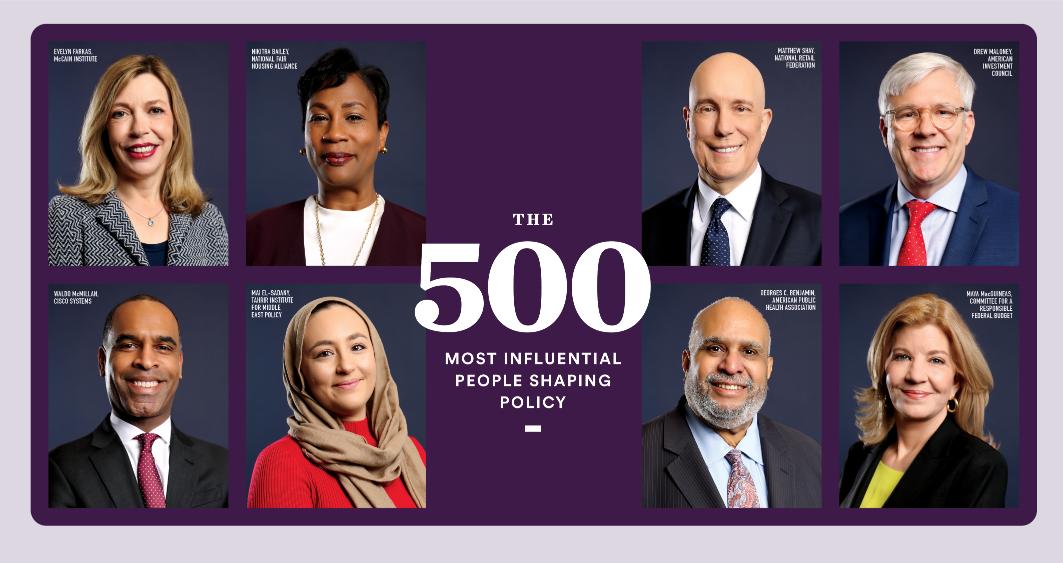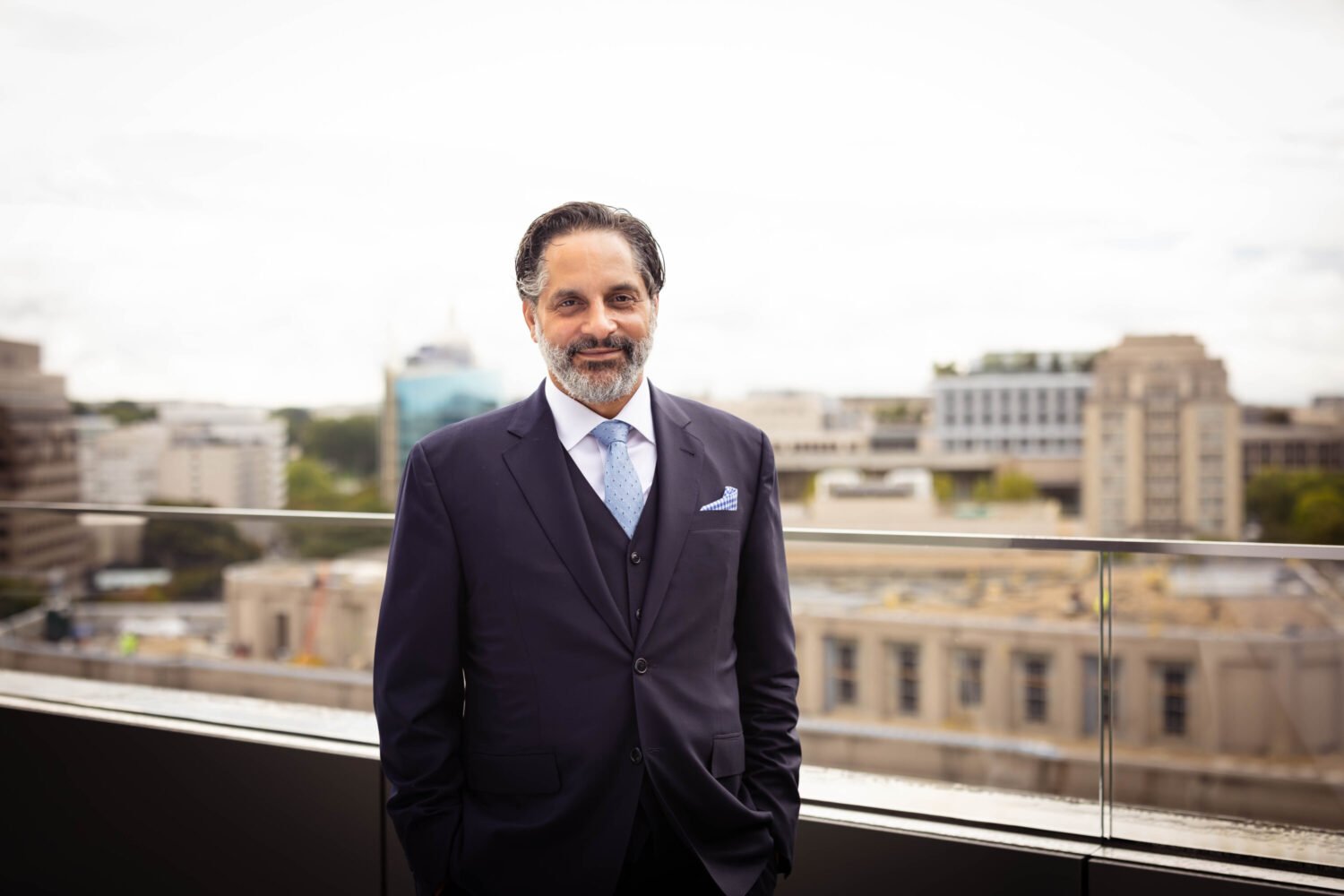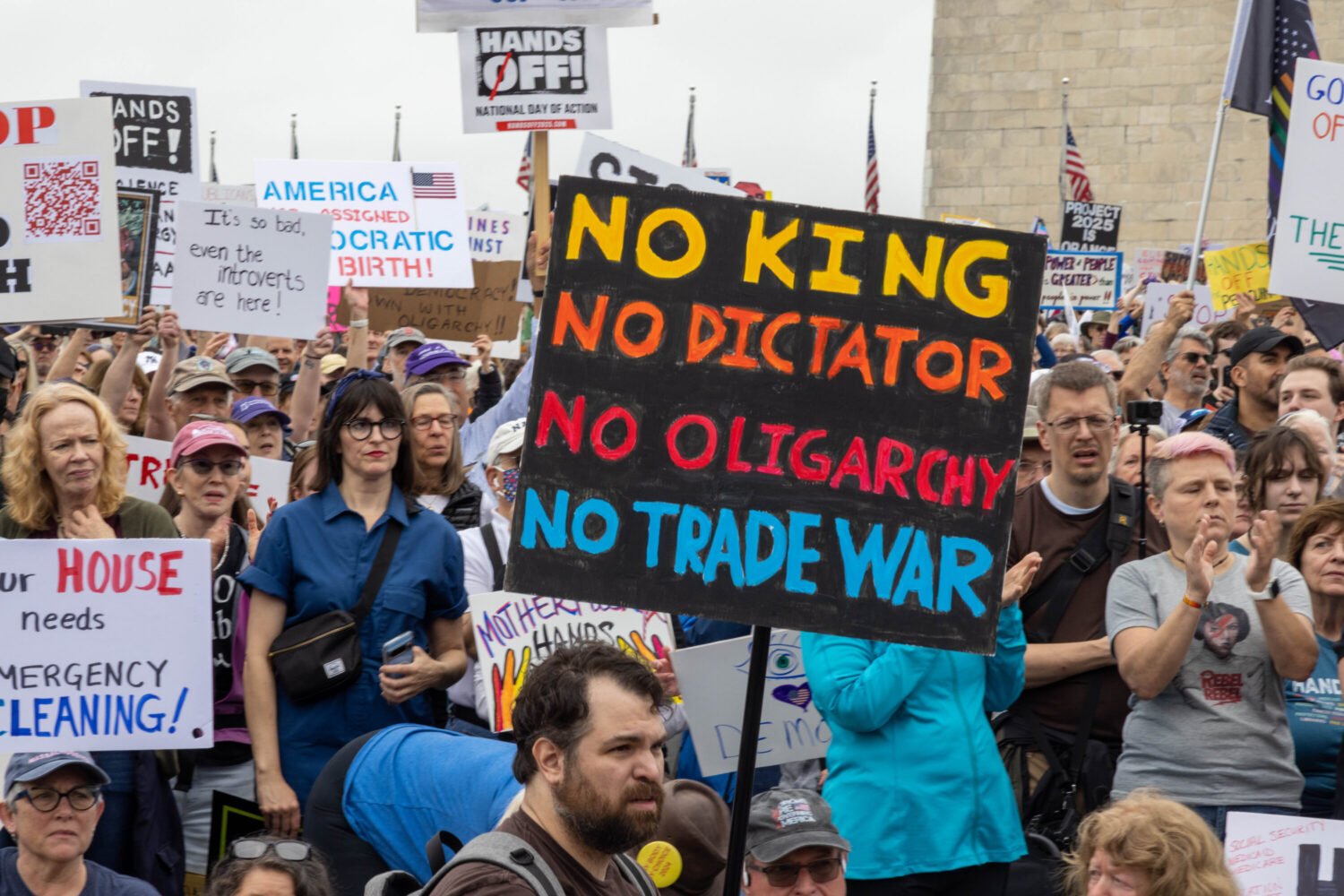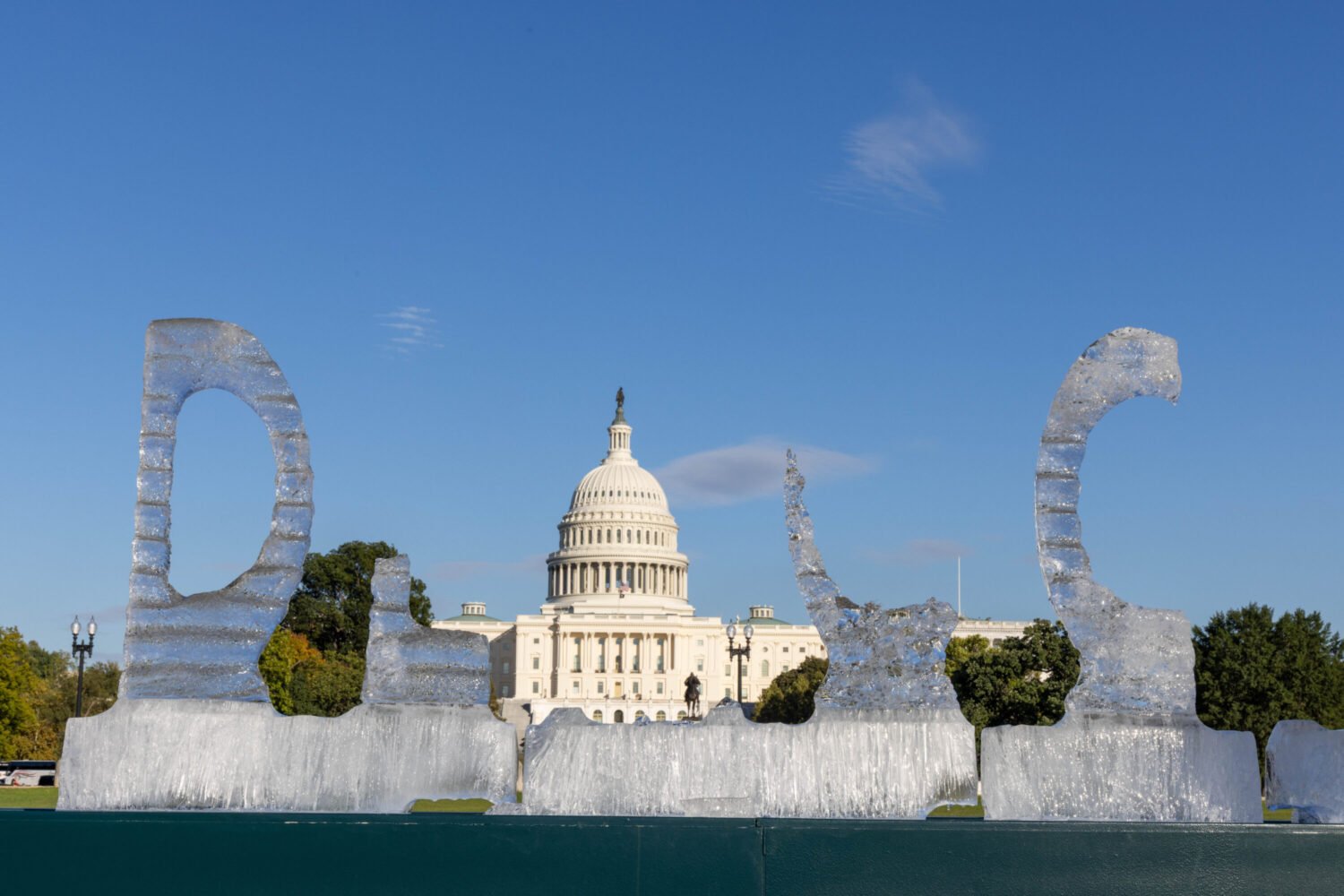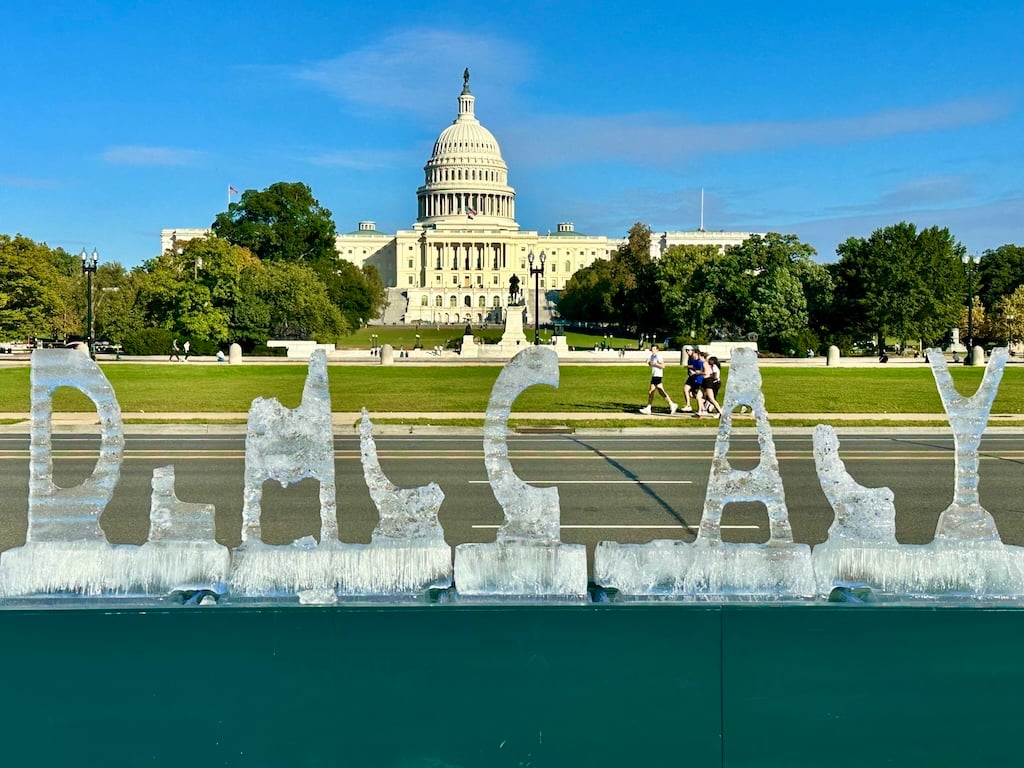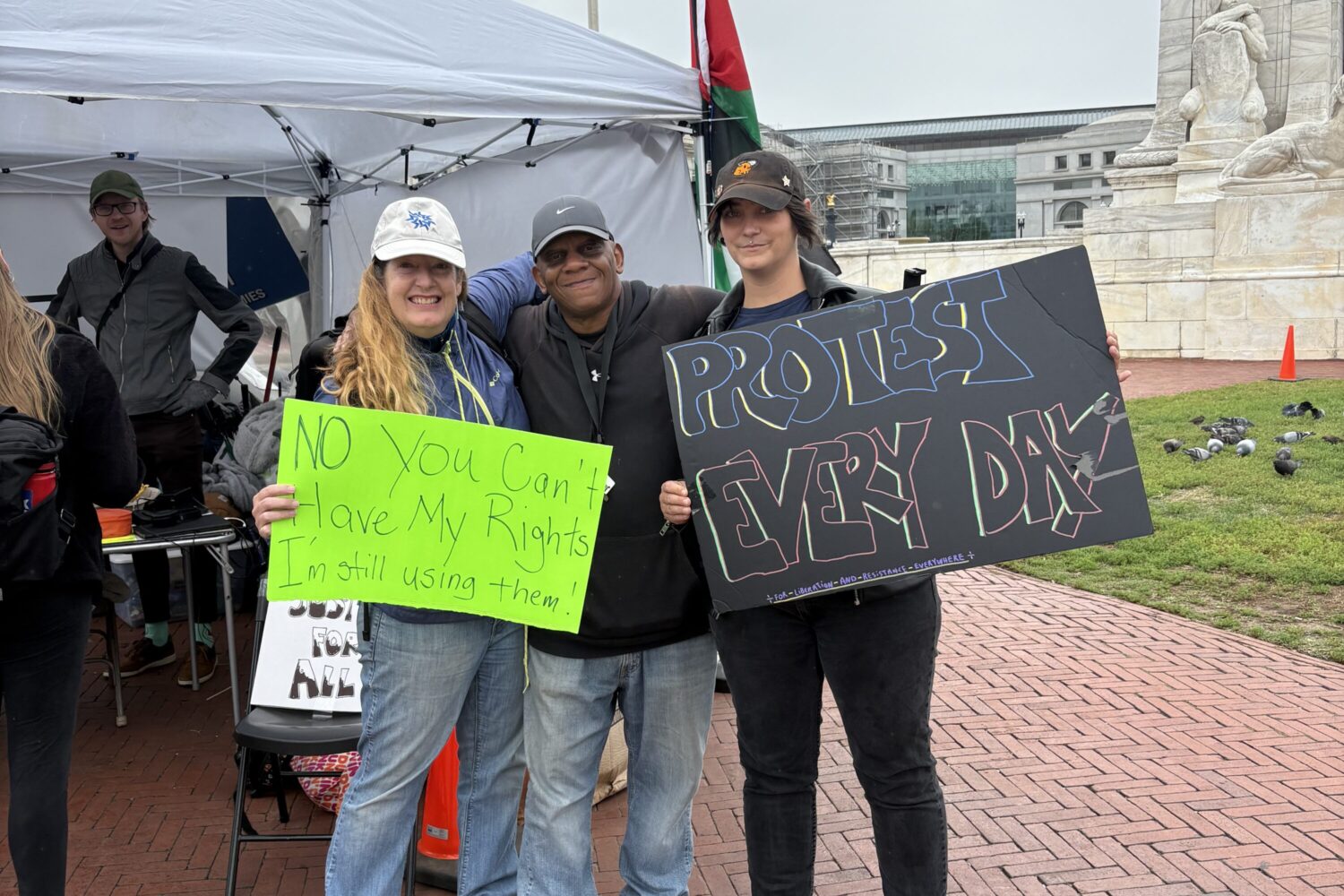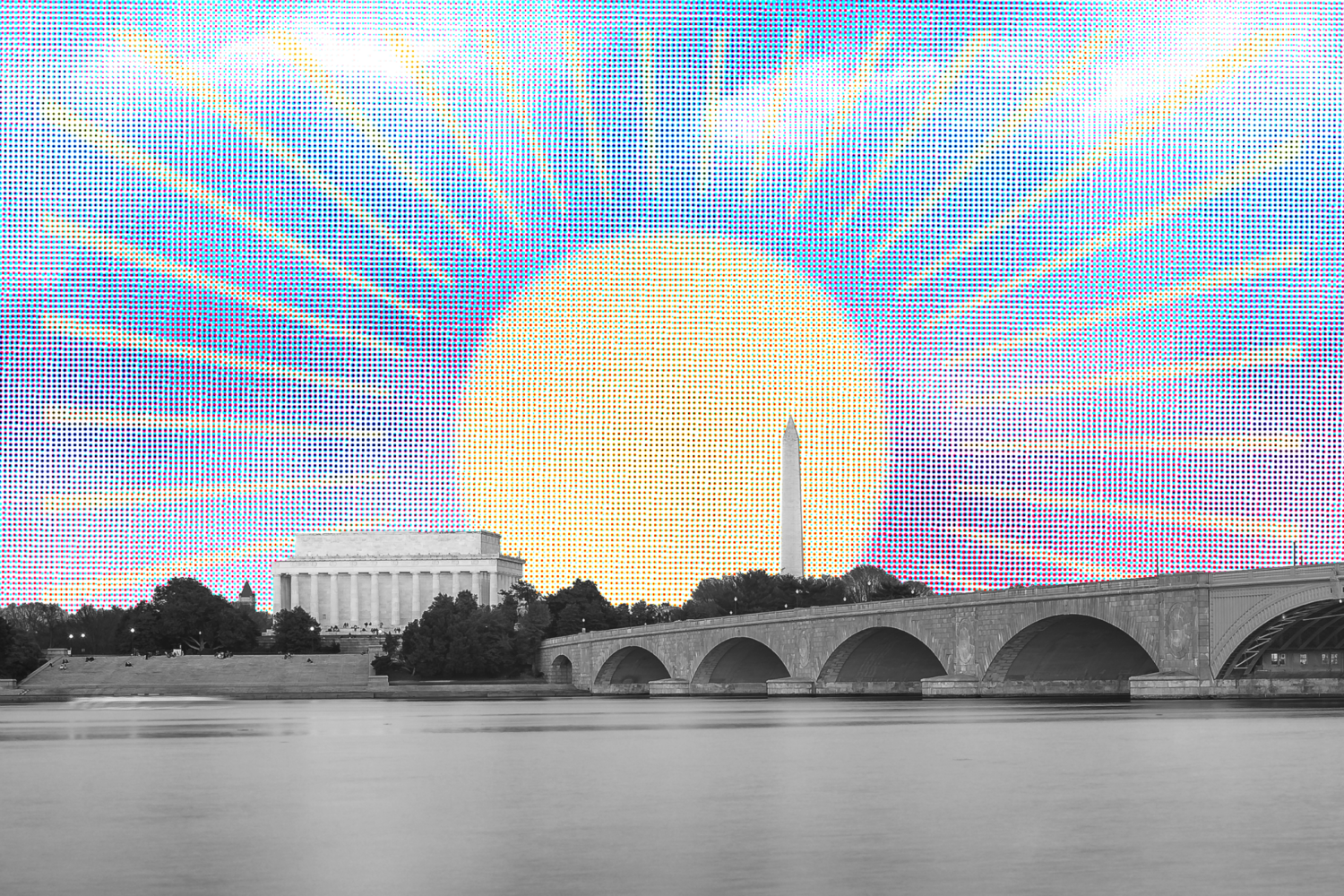On May 19, the DC Council unanimously approved an update to the city’s Comprehensive Plan, the high-level document that outlines goals and guidance for the District to abide by as it grows. The entire document exceeds a thousand pages—and is the result of years of back-and-forth among Council members and the mayor—but here are five topics that stand out.
- Covid-19: Even with the city reopening and infections waning, the update addresses the pandemic. As a result of Covid, proposed amendments include outlining DC’s response to future unexpected and traumatic events, such as a “Vision Zero” action plan that sets the District’s goal of zero transportation-related deaths and serious injuries during emergency evacuations of the city.
- Affordable housing: The District will aim to produce 36,000 new housing units by 2025—12,000 of which will be available for low and moderate-income households making less than 40% of the median family income of $126,000 annually. The new housing goal is a response to rising real-estate prices, the impacts of Covid-19 and the 2008 recession, and increased competition spurred by low interest rates. The plan’s updated “Housing Element” will also include new definitions and policies about housing for specific populations, housing affordability, and more.
- Housing discrimination: The update also focuses on fair housing protections, asserting that more needs to be done within the city to overcome patterns of racial segregation, foster inclusivity, and resolve disparities in housing access. It states that District agencies dealing with housing should be culturally and linguistically competent, and calls for programs to raise the public’s awareness of their fair housing rights.
- Climate change: The update includes “resilience” guidelines for the District to follow when responding to natural disasters, climate change, and public health emergencies. For instance, it proposes new guidance to prevent buildings from flooding in areas such as Georgetown and the Federal Triangle that are close to the water.
- Public spaces: The update proposes ways to better manage public resources such as parks, schools, and libraries. It highlights the challenge of competing demands on such spaces and calls for increasing available city staff and funding to make them more accessible.





